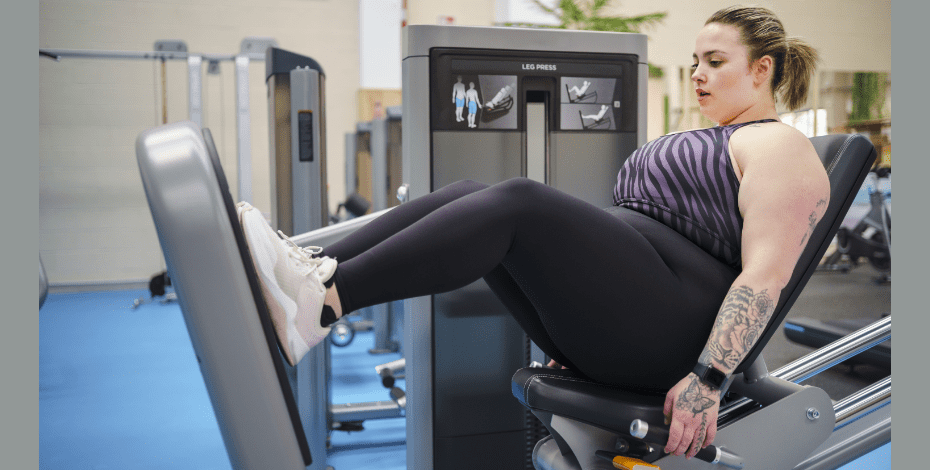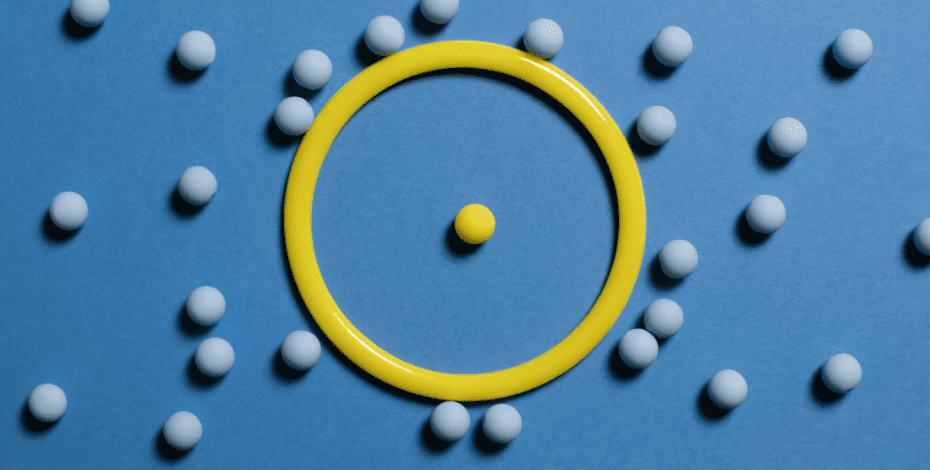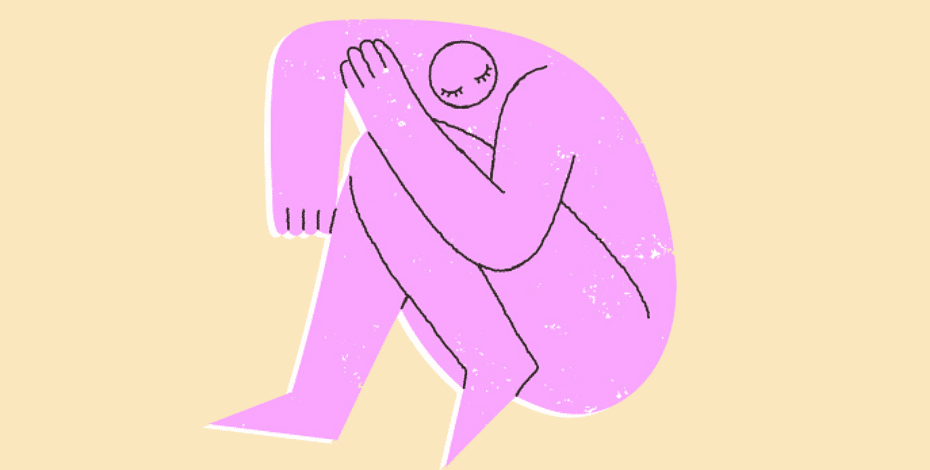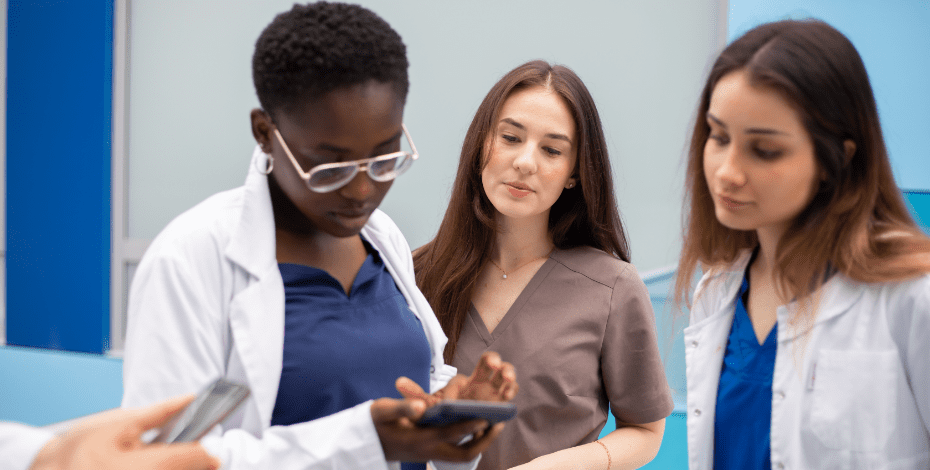
Project takes steps in the right direction

Caitlyn Payne discusses her research project to help increase physical activity in patients with an acquired brain injury, and how receiving a PRF Seeding Grant is progressing her study.
While working in the brain injury rehabilitation service at the Princess Alexandra Hospital in Brisbane, Caitlyn Payne, APAM, identified a gap in service available for patients with acquired brain injury (ABI) who have higher levels of mobility.
These patients, she felt, were lacking structure and support to initiate and maintain an active lifestyle after returning back to the community.
‘I was interested in how we could support this cohort to be more physically active and reap the positive health benefits,’ Caitlyn says.
‘Specialised intervention tailored to this clinical population is required to meet the needs of people with ABI. Physiotherapists are well placed in hospital rehabilitation services to implement physical activity interventions to benefit patients with ABI.
‘We know that people with ABI experience poor long-term health outcomes, prolonged disability and lower levels of physical activity, so our research focus is to help this cohort to initiate and maintain a more healthy, active lifestyle. We aim to do this through a four-week supervised walking program with telephone coaching.’
To help get the project off the ground, chief investigator Caitlyn pulled together a team that includes Dr Elise Gane, APAM, Associate Professor Tracy Comans, Dr Charlotte Brakenridge, Janelle Gesch, Esther Smits, APA Occupational Health Physiotherapist Associate Professor Venerina Johnston, Dr Paul Gardiner and Dr Ryan Bell.
Then Caitlyn applied for a PRF Seeding Grant with a view to running a pre post-intervention trial of the four- week hospital-based, supervised walking program with telephone coaching.
The trial involves select inpatients and outpatients of the Brain Injury Rehabilitation Service will undertake a twice-weekly walking session, supervised by two physiotherapists. Before, immediately after, and three months after the program, participants will undertake measures of physical activity, quality of life, exercise self- efficacy and fatigue.
‘Each session consists of a warm-up, a 30 minute walk on a pre-specified walking route around the hospital campus, and a cool down. An educational session will be delivered to the participants and their carers prior to the first walking session, with telephone coaching then being delivered once per week for the four-week program.
'Data measures, both physical and psychological, will be captured at baseline, immediately post-intervention and at three months post-intervention,’ Caitlyn says.
Caitlyn was successful in attracting $9952 of funding through the PRF, a grant which will help staff the walking program sessions as well as provide some reimbursement to participants in the form of taxi and parking vouchers.
As an early career researcher, Caitlyn says being able to attract the necessary funding for her project through the PRF has been invaluable.
‘The PRF grant was a fantastic opportunity for me as a novice researcher to support me to achieve my goals with this research project. Having the funding available for physiotherapy projects specifically was also really important,’ she says.
‘Our current study will establish the feasibility and proof of concept for a scaled-up version of the walking program to be funded by larger funding bodies, and across more hospital sites. We ultimately hope to show that facilitation of physical activity via supervised walking is a key component of brain injury rehabilitation.’
Preliminary trials undertaken with inpatients of the Brain Injury Rehabilitation Unit have shown positive outcomes on activity level and exercise behaviour, Caitlyn says.
She hopes the intervention can be generalised and implemented across other neurological and rehabilitation cohorts. The results of this project will be used to inform a multi- site study in Queensland.
Part of the motivation for Caitlyn to undertake the research project has been her passion for working in health and fitness, along with an interest in working in neurological rehabilitation.
The latter came about when she obtained a new graduate position at the Princess Alexandra Hospital in January 2017—and she has continued working there ever since.
‘As with most fresh-eyed physiotherapy students at the beginning of their studies, I always saw myself becoming an elite sports physiotherapist. However, since working within a rotational position at the Princess Alexandra Hospital my eyes have been opened to the astounding impact we can have on people from all walks of life who have found themselves in difficult and unfortunate situations,’ she says.
‘Being able to work alongside these people and share a pivotal role in their rehabilitation journey has had a massive impact on my career outlook and has fostered my love for working within brain injury rehabilitation.
'Being able to empower my patients to achieve their physical and functional goals, allowing them to leave the Brain Injury Rehabilitation Service and re-integrate back into the community, is immensely humbling and rewarding.'
Caitlyn and the team thank the clinicians and researchers supporting the project from the Physiotherapy Department and the Brain Injury Rehabilitation Service at Princess Alexandra Hospital and from The University of Queensland.
Caitlyn Payne, APAM, is a physiotherapist working at the Princess Alexandra Hospital since graduating from the University of Queensland in 2016. Caitlyn works in a rotational role predominantly based between neurological rehabilitation and outpatient musculoskeletal services. An advocate for health, fitness and the great outdoors, Caitlyn enjoys going on bush trails and riding horses in her spare time.
© Copyright 2024 by Australian Physiotherapy Association. All rights reserved.






